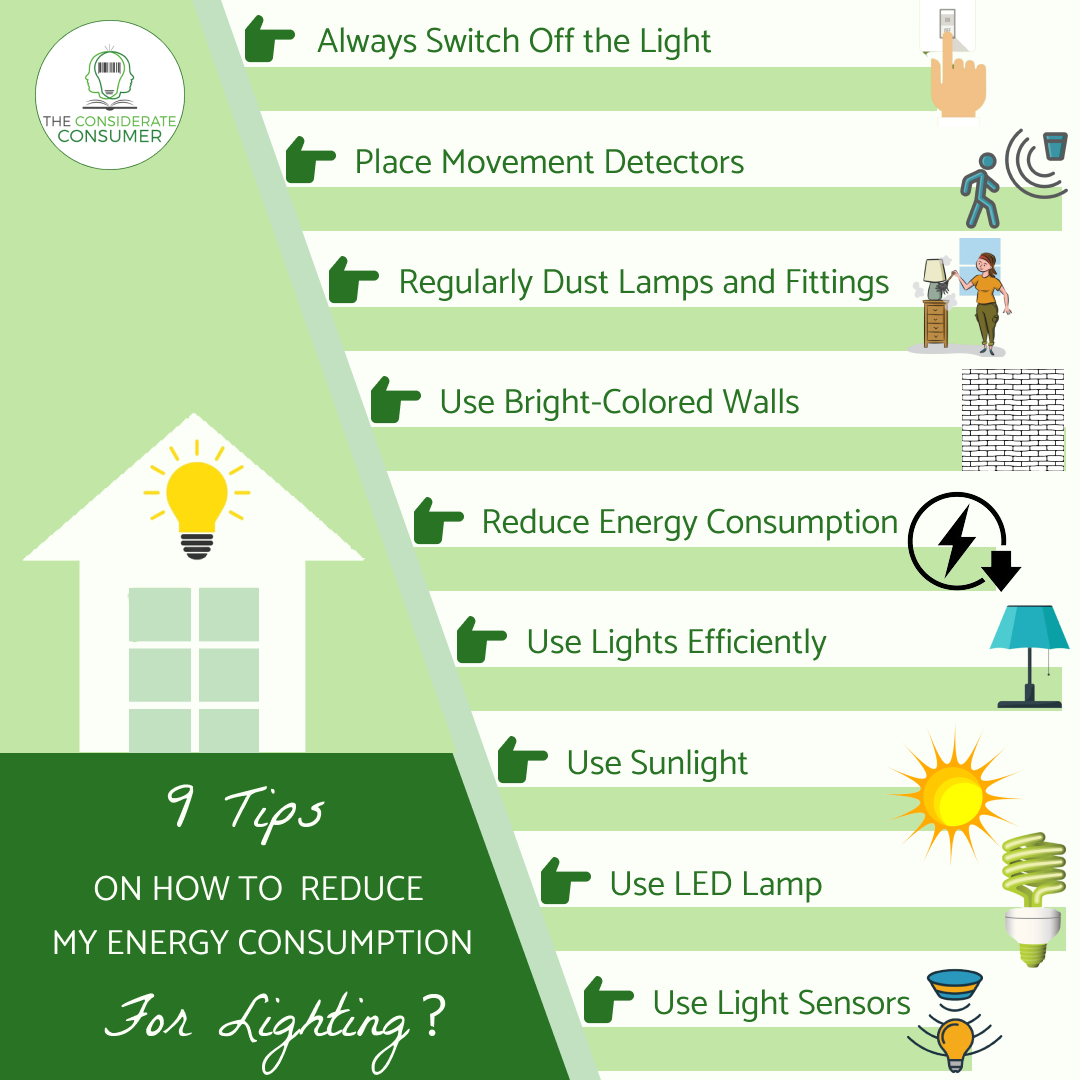November 2021
Electricity comes out of the socket; food is cooked in the microwave; all the essential documents are in the cloud; the mobile phone is in continuous operation, and those who can afford it ride through the city on their e-bikes in an exemplary manner.
Our everyday life runs smoothly, thanks to a reliable 24/7 energy supply.
To ensure that our grandchildren can also enjoy the seemingly limitless availability of energy, we must immediately begin to consume energy more consciously. In this manual entry, we equip you with tips and ideas on how that could work.
BENEFITS OF SAVING HOUSEHOLD ENERGY
Saving household energy comes with a range of positive impacts.
HELPING TO PROTECT THE ENVIRONMENT
As you improve your home’s energy efficiency, you reduce the amount of electricity needed to power your house and thus decrease your reliance on carbon-intensive power plants.
REDUCTION IN UTILITY BILLS
The most immediate benefit that may come to your mind is financial savings, and you are right!
EARNING A RETURN ON INVESTMENT
No matter how small, energy efficiency investments can generate utility savings over their service lives. That being said, your savings are usually proportional to the cost of the energy-efficient upgrade.
HOW TO CONSUME HOUSEHOLD ENERGY SUSTAINABLY?
There are several ways to become a considerate energy consumer. In the following, we summarise them into four main pathways to becoming a considerate energy consumer.
Obtaining our power primarily from renewable energy sources.
Learn more about Choosing Your Energy Provider →.Significantly reducing our energy consumption.
Reducing our energy consumption is about behavioural change in our usage of appliances that consume energy.
We collected plenty of hands-on tips for you. Please scroll down ↓ to learn more.Using our energy more efficiently.
Opt for the best use practices for the consumption of your household appliances.
Learn more about Using Energy more Efficiently →.Opting for energy-efficient technology of everyday products.
Learn more about Energy Saving Devices →.
CHANGING YOUR ENERGY CONSUMPTION HABITS
The mentioned pathways do NOT operate in silos but work hand-in-hand. The overall effect of being energy efficient can increase tenfold when the above measures are combined.
ENERGY CONSUMPTION & THE REBOUND EFFECT
Let's say you buy the most energy-efficient light bulb on the market. However, you forget to switch it off, allowing it to burn day and night. This scenario is often called the rebound effect.
So, upgrading to the latest technological solutions is not the solution. It is equally important to consider and adopt our behaviours as well.
How to deal with the rebound effect?
Use a smart meter. A smart meter can help you by providing real-time information on your electricity use. You can programme it to receive alerts on your phone whenever you exceed the threshold you set yourself.
HOW TO REDUCE MY ENERGY CONSUMPTION AT HOME?
To reduce energy consumption in your home, you do not necessarily need to go out and purchase new equipment. You just need to rethink how you consume energy. Here is some guidance on how to get started:
Lighting
Maximise the efficiency of your current lighting installation.
Heating & Cooling
Heating is often referred to as the biggest elephant in the room! Experts estimate that heating represents 40% of household total energy use. Here are some tips to heat your home more efficiently and help you avoid high winter bills.
Keep this in mind. If your insulation or heating systems are deficient, do not hesitate to switch to better equipment. Your money is better invested in an energy-efficient home than in heating and cooling.
Water
On average, 144 litres of water per person per day is supplied to European households.
Since treating, heating and delivering water demands a significant amount of energy, saving water means also saving electricity. The annual energy needed to treat and provide water to 10 households could power a refrigerator for over 2 years!
GENERAL RULES
Turn off the tap!
Fix leaky taps.
Use appliances that are mostly water and energy efficient!
learn more
Check our sources: Bibliography →













